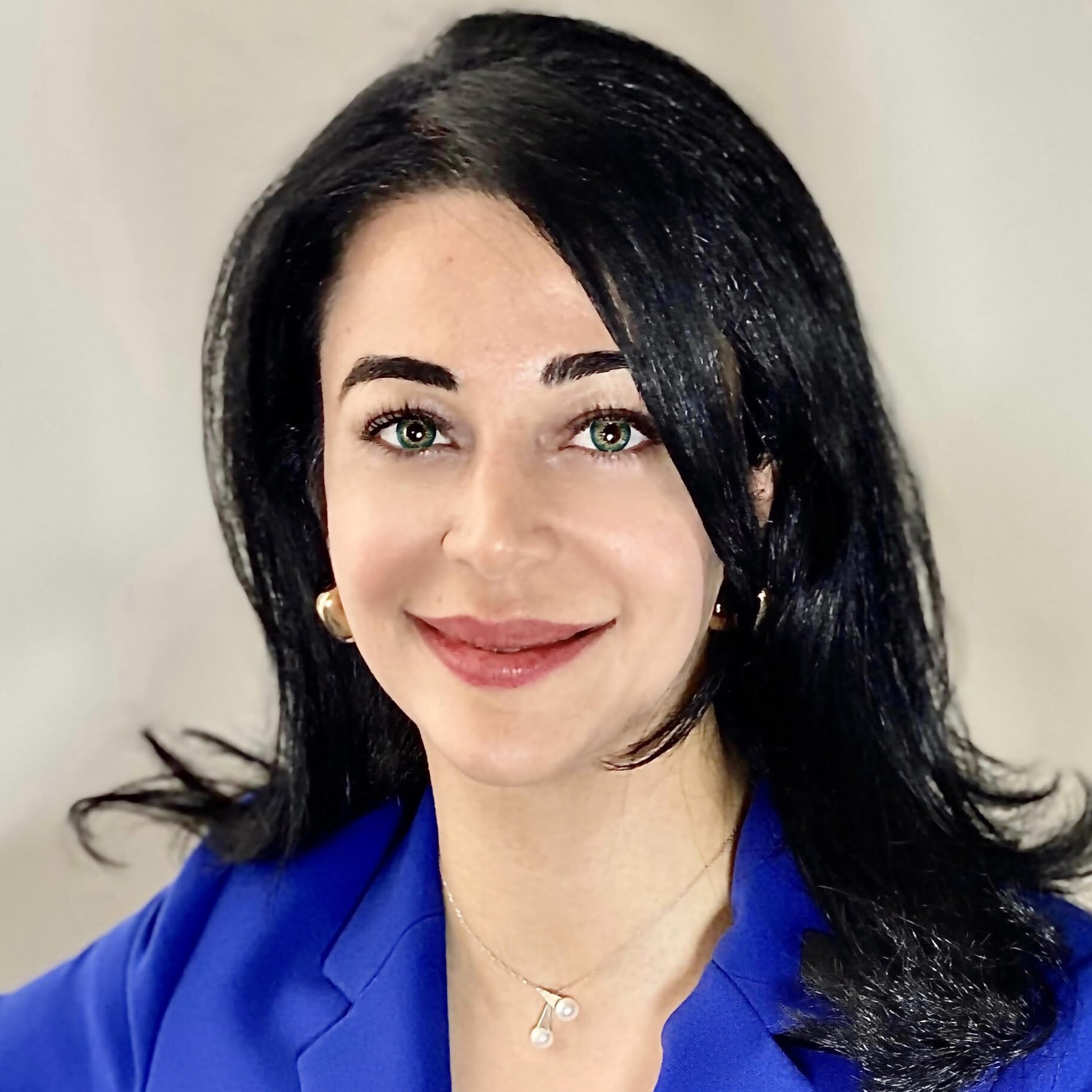Distinguished Bosnian politician and commander Serif Patkovic has spoken out on the Srebrenica genocide and the situation in Bosnia 25 years after the “litany of crimes” was committed, as the International Court of Justice called it. Speaking exclusively to MEMO, Patkovic looked at the ethnic cleansing at the heart of Europe and questioned the EU and UN’s ethical values as Srebrenica was defined a safe zone and Bosnian Muslims moved there for protection before the massacre.
“Twenty-five years later we have the international community’s addmittance and recognition of their responsibility for the genocide,” he explains. “Its different in a way that accomplices in genocide were countries that share European values – the United Nations took responsibility for Srebrenica as a safe zone, yet genocide was committed right there.”
Srebrenica fell to Bosnian Serb forces on 11 July 1995 after Dutch troops withdrew from what had been a UN safe zone. Tens of thousands of Bosnian Muslims – Bosniaks – fell into the hands of Ratko Mladic, the Bosnian Serb military commander convicted in 2017 of genocide and crimes against humanity. The town’s capture set off a week of organised massacres.
“During the 1990s, when we were recognised as a nation and when we were given the international status of an independent country, military armed aggression against Bosnia and Herzegovina had occurred. Within that aggression a genocide was committed, which means there was the intention to exterminate totally one ethnic group and those were the Bosnian Muslims.There is a very simple reason behind all this – because they were Muslims, because they had different names,” Patkovic explains.
OPINION: Memories of Srebrenica are being reawakened in Syria
Ignorance, he continues, was the main issue which led to the massacre. Serb guerilla fighters called Bosnian Muslims “Turks” during the war. A video taken in Srebrenica, on the day the city fell, shown to the International Court of Justice (ICJ), showed Mladictriumphantly walking the streets while describing the local population as “Turks” – an insult he regularly used against Bosnian Muslims. Mladic then speaks into the camera to say: “The time has come to take revenge on the Turks in this area.”
“I have to say that he [Mladic] as a man, as a general, and as a war criminal, does not know historical facts. Namely, he said that the time had come to take revenge on Dahijas. Back in history Dahijas were part of Serbian people during the Ottoman rule in the Balkans. There was no Turkey at that time, so, he does not know the basics.”
“Unfortunately, today we have people who live mythology. Ratko Mladic sees himself as a mythological creature and he had misinterpreted historical facts. The fact that he said that he was taking revenge and that later on he kept mixing up the facts and misinterpreting ethnicities, nations and religions reveals his ignorance. Yet he got into the position of a commander of the army of Republika Srpska.”
Patkovic says he is worried we have not learnt sufficient lessons from history to stop a similar event happening again today.
After WWII, Europe said ‘Never again!’ and yet we had 1992 [the Bosnian war]. I am afraid that if there is no pressure coming from media we might have another genocide in the future. The question is who the victim will be.
More need to be done to hold the EU and Europe as a whole to the values the region swears by, Patkovic stresses; universal values, humanity, human rights and freedom.
We see signs of this in Syria, he continues. There, President Bashar Al-Assad is “being violent and doing wrong to his own people, his own country.”
“We have to understand that our existence is temporary and it has its limitations. It does not end with one’s death, because we have to take responsibility for our actions.”
“The message in the West and in the East is always the same: human value… We have to live with other people, respect others and live in accordance with God’s word,” he continues. “In order to do so we have to know some historical facts, we have to admit our mistakes and weaknesses from the past and turn to doing positive and good things in the future.”
READ: Srebrenica 25 years on, and reconciliation seems impossible











